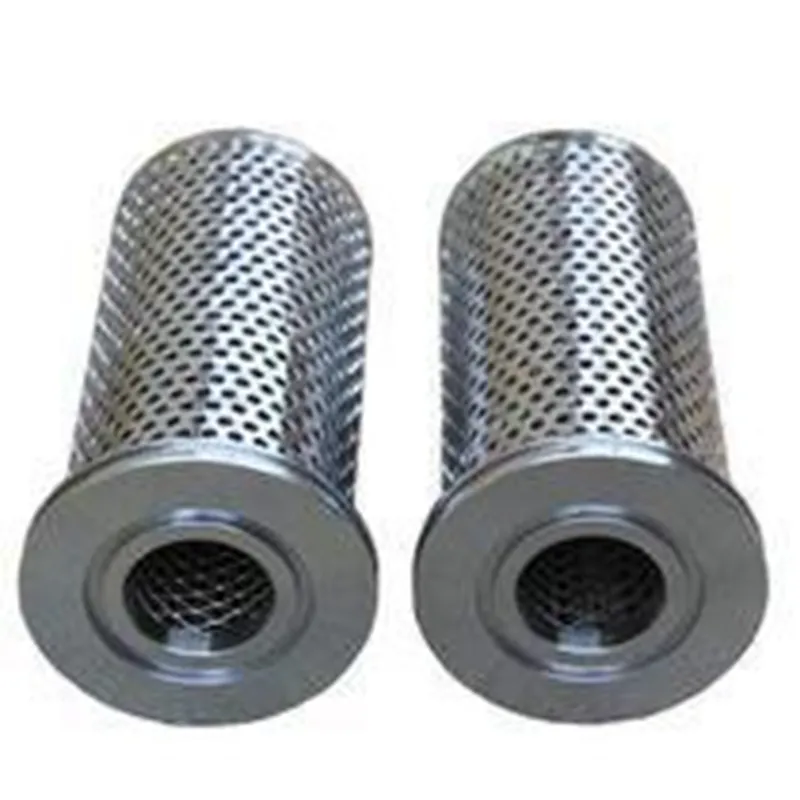 Tel:
+8615930870079
Tel:
+8615930870079
Déc . 12, 2024 10:03 Back to list
gas turbine air intake filter
Gas Turbine Air Intake Filters Enhancing Efficiency and Longevity
Gas turbines are essential components in various industries, including power generation, aviation, and marine applications. Their efficiency and performance largely depend on the quality of the air entering the turbine. This is where air intake filters play a crucial role. By removing contaminants from the surrounding environment, these filters ensure that the gas turbines operate optimally, thereby enhancing efficiency and extending the longevity of the turbines.
The Importance of Air Intake Filters
Air intake filters are designed to trap particulates such as dust, dirt, pollen, and other harmful substances. These contaminants can adversely affect the performance of gas turbines if allowed to enter the system. When turbine blades become contaminated or fouled, they cannot perform efficiently, leading to a decrease in power output and increased fuel consumption. Therefore, the air intake filter acts as the first line of defense, protecting the turbine from these adverse effects.
Types of Air Intake Filters
There are several types of air intake filters used in gas turbines, including
1. Panel Filters These are flat filters typically made from synthetic or fiberglass materials. They are common in industrial applications due to their versatility and ease of replacement.
2. Cartridge Filters These cylindrical filters are designed to provide a large surface area, allowing for higher airflow and better contaminant capture. They are commonly used in high-flow applications where space is a concern.
3. Pre-filters Often used in conjunction with primary filters, pre-filters capture larger particles and extend the life of the primary filter. This two-staged filtering system ensures a higher quality of air reaching the turbine.
gas turbine air intake filter

4. Electrostatic Filters Utilizing electric charges, these filters can attract and trap smaller particles more effectively than conventional filters. This technology is increasingly popular due to its high efficiency and lower pressure drop across the filter.
Maintenance and Replacement
Regular maintenance and timely replacement of air intake filters are vital to ensuring the optimal performance of gas turbines. A clogged or dirty filter can lead to reduced airflow, which can increase the risk of overheating and unplanned downtime. Maintenance schedules should be developed based on operational conditions, environmental factors, and manufacturer recommendations. By keeping filters clean and well-maintained, operators can improve overall turbine reliability and avoid costly repairs.
Performance Impact
The performance of gas turbines is directly linked to the quality of the air they ingest. Clean air leads to better combustion efficiency, which enhances power output and reduces emissions. By preventing contaminants from entering the turbine, filters contribute to improved thermal efficiency and reduced fuel consumption. This is particularly crucial for operators looking to maximize their return on investment, especially in competitive markets.
Environmental Considerations
In the age of increasing environmental awareness, the role of air intake filters also extends to sustainability. By ensuring that gas turbines operate efficiently, filters help reduce greenhouse gas emissions. Additionally, many modern filters are designed to be recyclable or made from sustainable materials, which further aligns with eco-friendly practices in industrial operations.
Conclusion
In conclusion, gas turbine air intake filters are a critical component in ensuring the efficient and reliable operation of gas turbines. By preventing contaminants from impacting the turbine’s performance, these filters enhance operational efficiency, improve fuel economy, and extend equipment longevity. Given the significant role that air intake filters play in the overall integrity of gas turbine systems, it is imperative for operators to prioritize their maintenance and selection. Investing in high-quality filters and adhering to maintenance schedules can yield considerable benefits, both economically and environmentally. As industries continue to innovate and seek sustainable energy solutions, the importance of effective air intake filtration will only continue to grow.
-
Types and Applications of Air Filtration CartridgesNewsJul.28,2025
-
The Role of Gas Turbine FiltersNewsJul.28,2025
-
Mastering Air Filter Cartridge UseNewsJul.28,2025
-
Advanced Turbine Filters for Modern Gas TurbinesNewsJul.28,2025
-
Cellulose Air Filter Cartridge Advantages in Dust FiltrationNewsJul.28,2025
-
Cellulose Filters for Air Particle ReductionNewsJul.28,2025

 Email:
Email:





